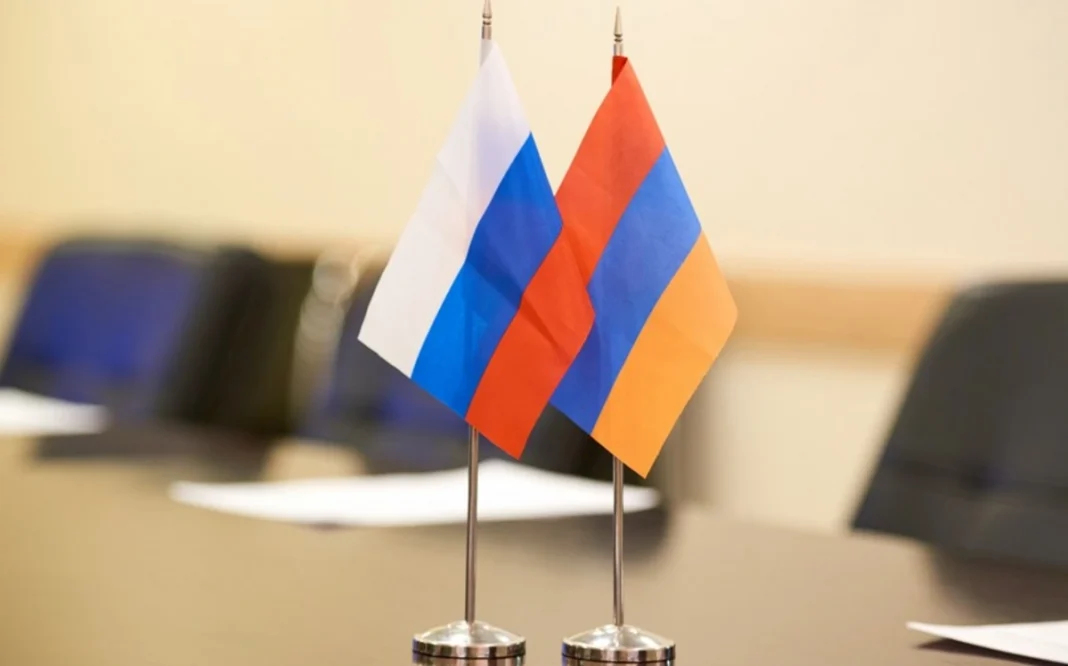By Report News Agency
Yerevan | July 17, 2025 — Tensions between Armenia and Russia have taken a new turn as Moscow appears to be leveraging trade restrictions to punish Yerevan politically. Following the arrest of influential Russian-Armenian businessman Samvel Karapetyan — owner of Tashir Group and Armenia’s national electric grid — the Kremlin seems to be flexing its economic muscle in response to Armenian Prime Minister Nikol Pashinyan’s defiance. Observers say these moves are part of a broader effort by Moscow to reassert influence in Armenia amid its increasing estrangement from traditional Russian patronage.
Among the most visible signs of this economic pressure is the halt of Armenian flower exports to Russia. For more than 20 days, Armenian flower growers and exporters have been stuck with unsellable stock after Russia’s agricultural watchdog, Rosselkhoznadzor, banned imports citing “high phytosanitary risk” and the repeated discovery of quarantine pests in shipments from Armenia.
Though Armenian authorities have acknowledged some technical issues, many see the timing and scale of the ban as politically motivated. Critics argue that these alleged “phytosanitary concerns” have suspiciously coincided with moments of political friction. “For decades, we’ve traded flowers with Russia without issue. But now, suddenly, our blooms are full of pests? It’s a tactic, not coincidence,” one local grower told Armenian media.
The fallout is hitting farmers hard. Many had taken out loans to build greenhouses specifically for export to Russia, which remains Armenia’s primary market for both flowers and brandy. With no viable alternative markets — Europe already has dominant players like the Netherlands, and flower gifting is not culturally prominent in nearby countries like Iran — Armenian exporters face devastating losses. Some have been forced to destroy their entire stock.
With no compensation or leniency from the government, frustration is boiling over. Protests erupted near Zvartnots village, with flower farmers blocking the Echmiadzin-Yerevan highway in anger. They accuse Pashinyan’s government of prioritizing internal political crackdowns — including efforts to sideline the influential Armenian Apostolic Church — over economic stability.
Brandy Now in Moscow’s Crosshairs
As if the flower embargo wasn’t enough, Russia appears to be expanding its economic offensive. Recent tests by the Russian Union of Brandy and Spirits Producers claim that 85% of Armenian brandy products fail to meet GOST quality standards — the national benchmarks for alcoholic beverages in Russia.
The news shocked Armenia’s alcoholic beverage sector, which heavily depends on the Russian market due to tight alcohol regulations in Iran and the Gulf and stiff competition and high standards in the EU. Armenian officials reportedly held emergency talks with Russian counterparts, but no resolution has emerged. Analysts fear a complete ban on Armenian brandy in Russia is imminent.
Economic Warfare as Political Leverage
Behind the scenes, many believe the Kremlin’s true aim is to destabilize Pashinyan’s government ahead of Armenia’s 2026 elections. By targeting sectors that employ tens of thousands — and that overwhelmingly rely on Russian consumers — Moscow could be stoking domestic unrest that it hopes will translate into electoral setbacks for the current administration.
Compounding the crisis are reports of tax evasion schemes involving fake companies and falsified phytosanitary documents in flower shipments — something Russian authorities claim to have only recently discovered, though critics say Moscow likely knew about the mechanism all along and waited for a convenient moment to act.
For now, Armenia faces a critical juncture. With declining access to Russian markets, yet no clear alternative in sight, and political pressure mounting from all sides — including an aggressive domestic campaign against the church and diaspora-linked elites — the country risks spiraling into deeper economic and political turmoil.
As Russia tightens the screws and the West remains cautious, the “flower and brandy war” may be a prelude to even greater geopolitical realignments in the South Caucasus.


